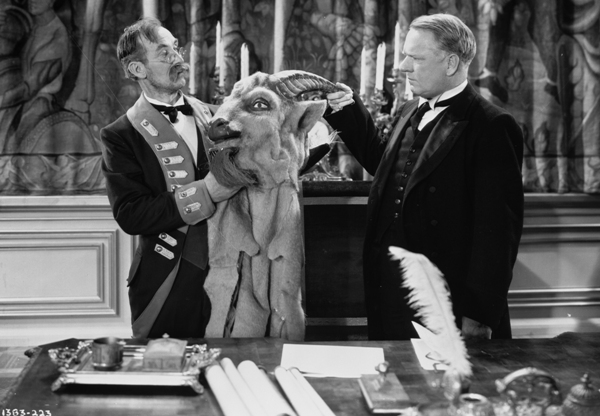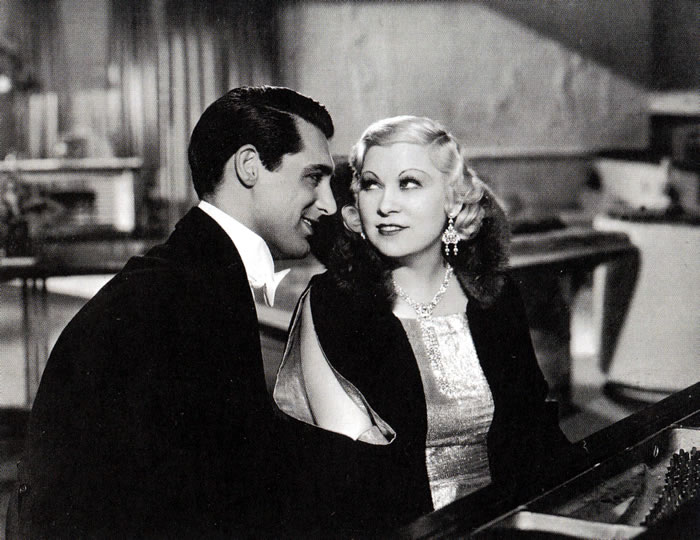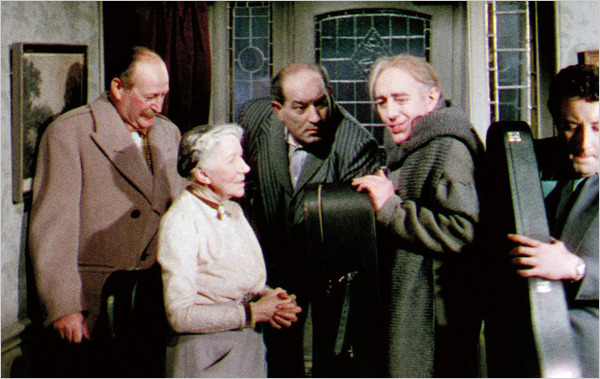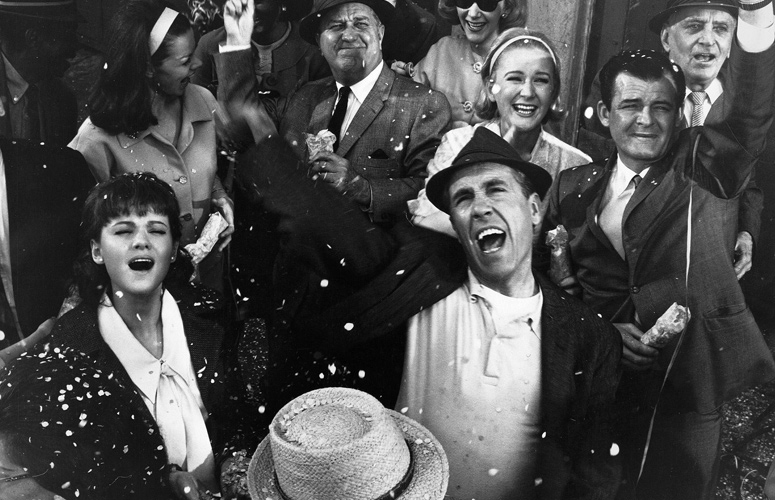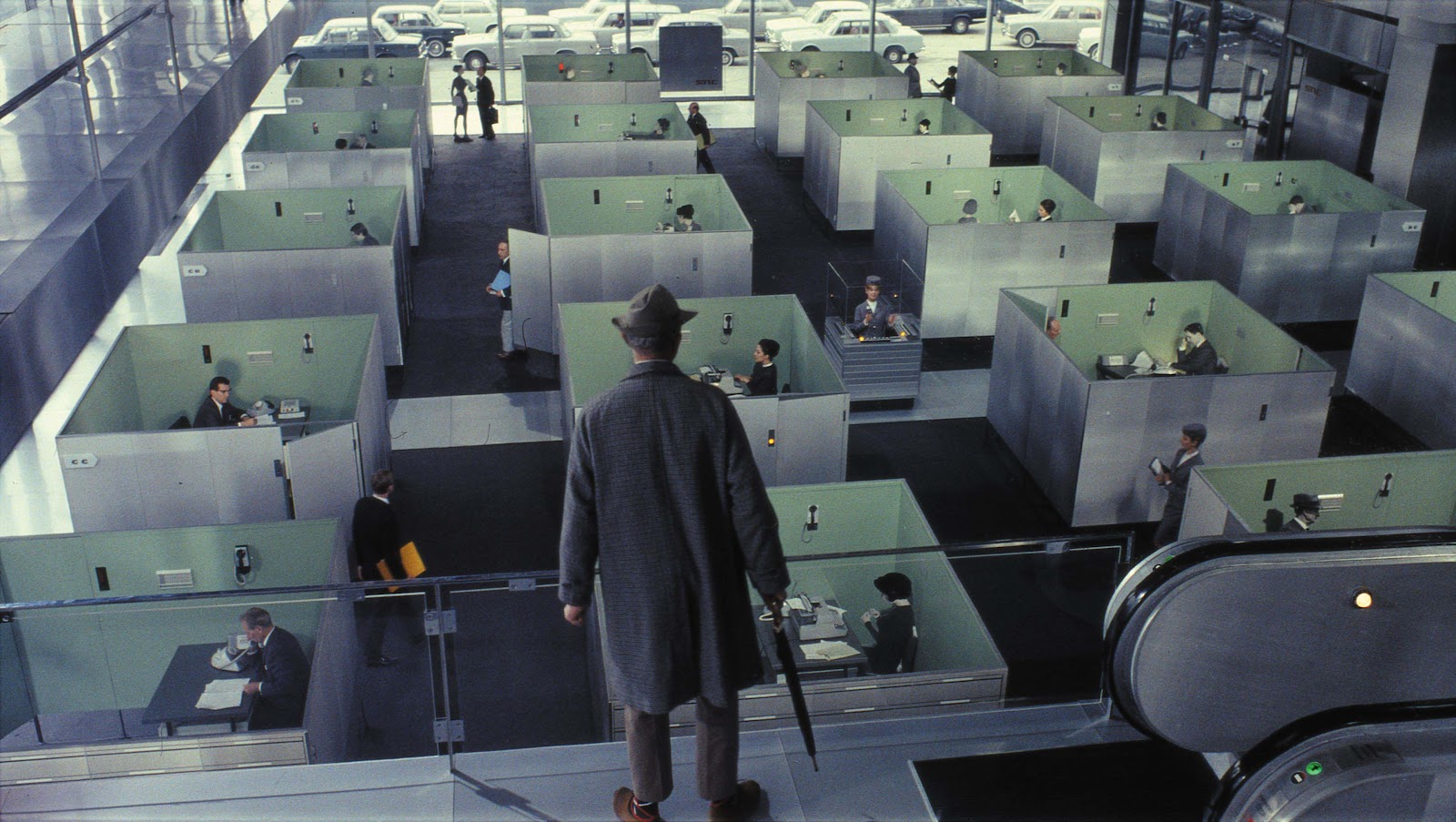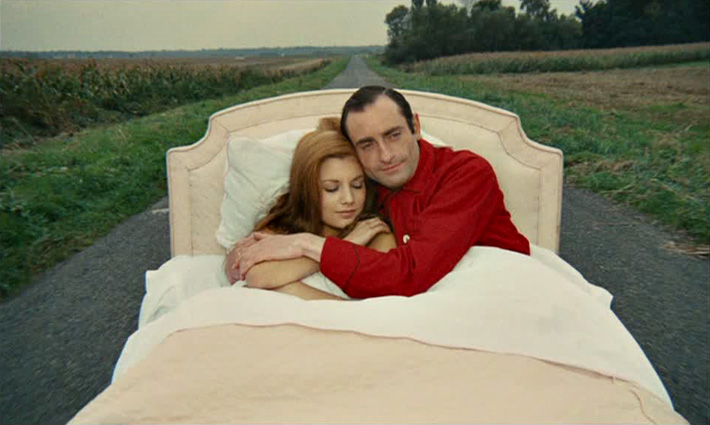Comedy is a very popular genre of film. When we go to the movies, we want to laugh as well as cry. Thus, within this plethora of films, some gems can go unnoticed – or forgotten. Here is a list of films that you may not have heard of. A few on this list always been “sleepers”; but most were critical and commercial successes but have been lost to audiences of today.
1. Million Dollar Legs (1932)
The president of Klopstokia (WC Fields) is in a bind, his country is facing bankruptcy and he needs money .. fast. A traveling brush salesman Migg Tweeny (Jack Oakie) seeing the President’s brute strength and all the untapped athletic talent that abounds in Klopstokia, suggests that they form an Olympic Team for the upcoming 1932 Summer Olympics in Los Angeles and, (in a way that is not quite clear) make a fortune. Today, when Olympic medalists becoming rich and famous is the norm, it’s hard to see just how strange a proposal this was. Only twenty years before, Olympian Jim Thorpe was stripped of his medals for even the tiniest whiff of athletic professionalism.
Even fans of WC Fields may not be familiar with this movie. It has been rarely on television and although it was available on videotape, a DVD version has only recently been released. Of all the films WC Fields and director Eddie Cline collaborated on, none achieved the madcap world of the absurd as well a this little known gem. Film critic David Denby wrote that this film was “about as close as Hollywood ever came to the spirit of Dada” praising it’s style as “both artless and weirdly avant-garde”.
2. I’m No Angel (1933)
“It’s not the men in your life, but the life in your men” is one of the many sexy witticisms in this 1933 Comedy trying to skirt the Motion Picture Production Code (aka “The Code) of 1930.
Mae West (who also wrote the screenplay) plays Tira a girl who “has lost her reputation, but never missed it.” Tira, likes the company of men not just for companionship, but for the more material things in life. “Give as little as you can, and get as much as you can” is the savvy advice Tira gives to a friend. Through her combination of beauty and brains, she attracts the attention of wealthy Kirk Lawrence, who showers her with gifts and financial support (just what he is getting in return is left to conjecture).
The plot of this film is secondary to Mae West and her snappy, double-entendre-filled script that compliments her screen persona. Today, it may be hard to see what was so shocking. . Women as liberated and open about sex as West are more the norm; but it was not always the case. We have, as the saying goes, “come a long way” and Mae West’s films are a reminder of that … besides being pretty darn funny.
3. The Ladykillers (1955)
When Mrs Louisa Wiberforce, the typical “nice old lady” decides to pay for some much needed construction by renting out some rooms in her house, it looks like she hit it lucky. A kindly Music Professor ( Alec Guiness) and his “friends” need a place to practice their String Quintet.
Unfortunately, the quintet is not all the meets the eye. They are a group of criminals (a repertory of some England’s best comedic actors) trying to hatch the perfect heist, in the vein of The Brinks Job; and range from the creepy “evil genius” Professor Marcus, to the likable Harry Robinson (Peter Sellers ) who we infer may be just beginning his drift into the life of crime.
As in all “perfect crimes”, things begin to unravel in a big way and the group’s attempt for a clean getaway is the thrust of the last half of the film. Since it’s opening in 1955, The Ladykillers has received critical and popular acclaim. The Coen Brothers did a remake (with lesser success) in 2004 with Tom Hanks, transplanting the plot to the Deep South.
4. A Thousand Clowns (1965)
This adaptation of Herb Gardner’s 1962 play, is an often forgotten comedy on our obligations to society and the people we love and depend on us.
Murray Burns (Jason Robards) and his nephew Nick (left with Murray at age 5 by his blithely irresponsible mother) live in New York City and have a loving, if albeit somewhat off-beat relationship. At the moment, Murray is voluntarily unemployed, quitting his soul-killing job of writing for a children’s TV show, and has settled into a genteel malaise with Nick (Barry Gordon) picking up the role as adult.
This all works in some way, until Nick’s school gets wind of this all and informs Social Services; thus sending the crisp, but not unsympathetic Albert (William Daniels) and his bleeding-heart-fresh-from-Grad-School partner Sandra (Barbara Harris). They both make it very clear to Murray: get a job or lose Nick to the Foster Child system. This throws Murray into a moral quandary, the idea of working, the eternal struggle for a buck, like “the thousand clowns” he sees everyday is repugnant; however, he does not want to lose Nick whom he loves very much – in his own way.
While somewhat a product of it’s time – just when the Counter-Culture was beginning to bloom – A Thousand Clowns still can speak to us today. At it’s core, is the message that if we love someone, we will make sacrifices for them. They can be large and melodramatic, or something a seemingly simple as everyday getting up, not ignoring the alarm clock, and fulfilling our responsibilities.
5. Playtime (1967)
Life in this Brave New World of Technology has often been a theme in films almost from the beginning. No one however, describes it with such acumen and humor as Jacques Tati in his satirical allegory.
The plot, told in six vignettes, is deceptively simple, M. Hulot ( a recurring character in Tati’s films) a somewhat clumsy, if not old-fashioned business man must meet an important client. What should be so easy develops exponentially into a nightmare of modern “efficiency.”
The set, which brought Tati into near financial ruin, is as descriptive as Tati’s acting. Everything and everyone seems to be boxed and packaged into their own space. The world, which seems to be made up entirely of International Style Architecture, reflects a cold sterility that permeates both outside and within. One of the most noted sets is that of the office, where everyone is in their own little “box” not unlike today’s office cubicle. The vast expanse of cubicles that defines the modern day office did not exist in 1967, thus making Tati’s image chillingly prophetic.
At it’s release, Playtime was critically received, but it’s revenues were disappointing mostly to the cost to make the film. Tati shot the film in 70mm and a stereophonic soundtrack which would limit how many theaters could show Playtime upon it’s release. The set, was expensive enough to create, but it had to be repaired when it was damaged in a storm. The budget was further blown by the sheer time (3 years) that it took Tati to finish the film.
In an attempt to make “Playtime” more marketable, it was changed over to a 35mm format and cut from 124 to 103 minutes, but nothing could make it a smash hit at the box office. Today, recognized for the masterpiece that it is, Playtime has been restored to it’s original format and running time and remains a cautionary tale about our continuing love and dependance of technology.
6. Le Grand Amour (1969)
Pierre Etaix plays Pierre, a French “Man in the Grey Flannel Suit”. On the surface he has it all. He is married to the boss’ daughter which has given him a life of snug, bourgeoise comfort. All this changes when his new secretary Agnes (Nicole Calfan) tempts him to return to the life he gave up, not altogether voluntarily, when he married Florence (Annie Fratellini) ten years ago.
Pierre, in short, is going through his “Seven Year Itch” and the story concerns Pierre’s inner struggle at who is his “Grand Amour” his great love.
The story is told through the mind of Pierre: his flashbacks and fantasies which become more bizarre as his moral dilemma widens and allows Etaix (who had worked with Tati) to spread his surreal wings. The coup de grace is the delightfully absurd image of Pierre and Agnes riding a bed through town.
Etaix may not be known to you, his films were not available for years. They have been made available in the past year and I recommend any of his films. Richard Brody of “The New Yorker” wrote of Etaix “His humor is as exquisitely intricate as it is anarchically devastating”.

